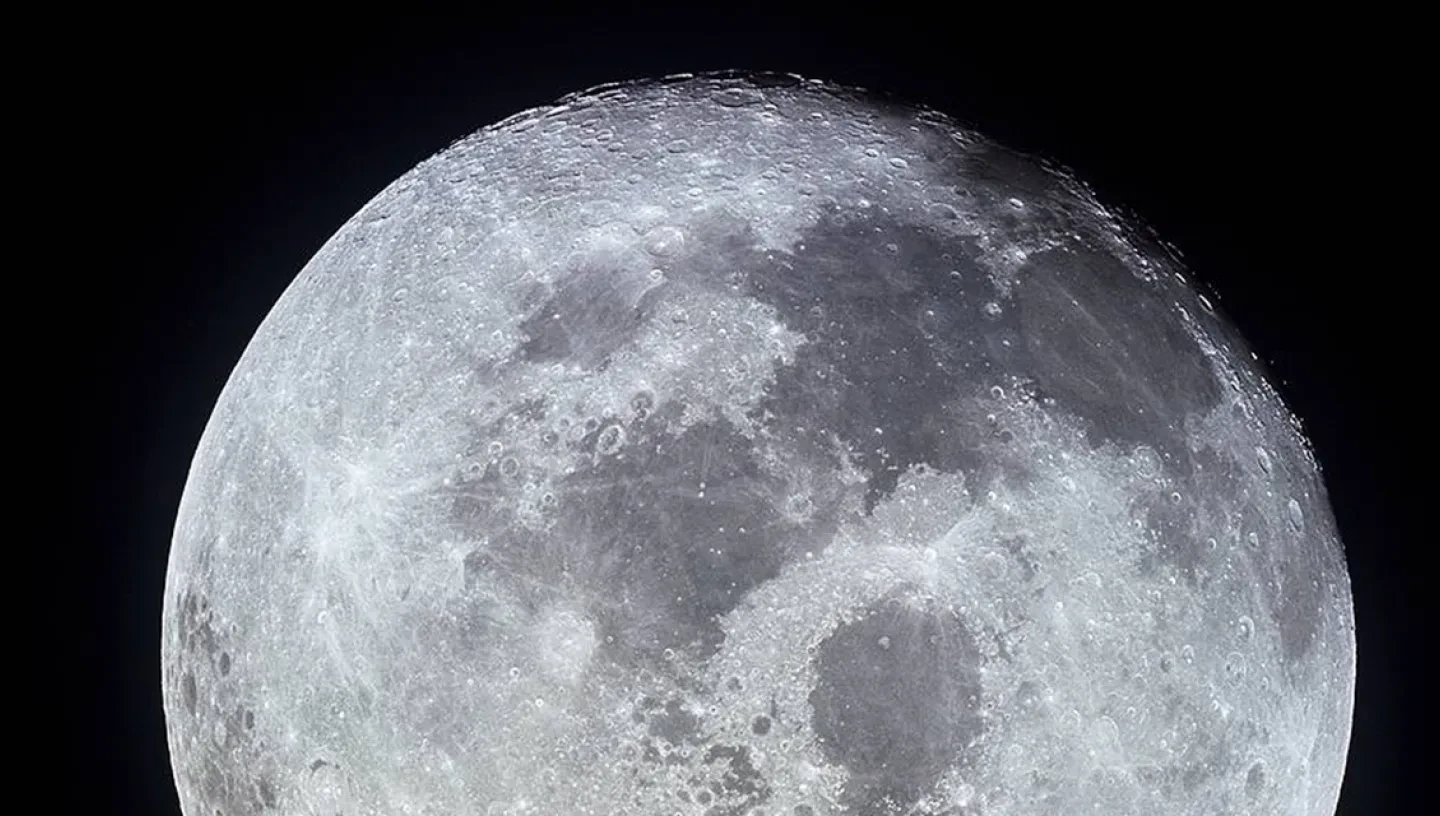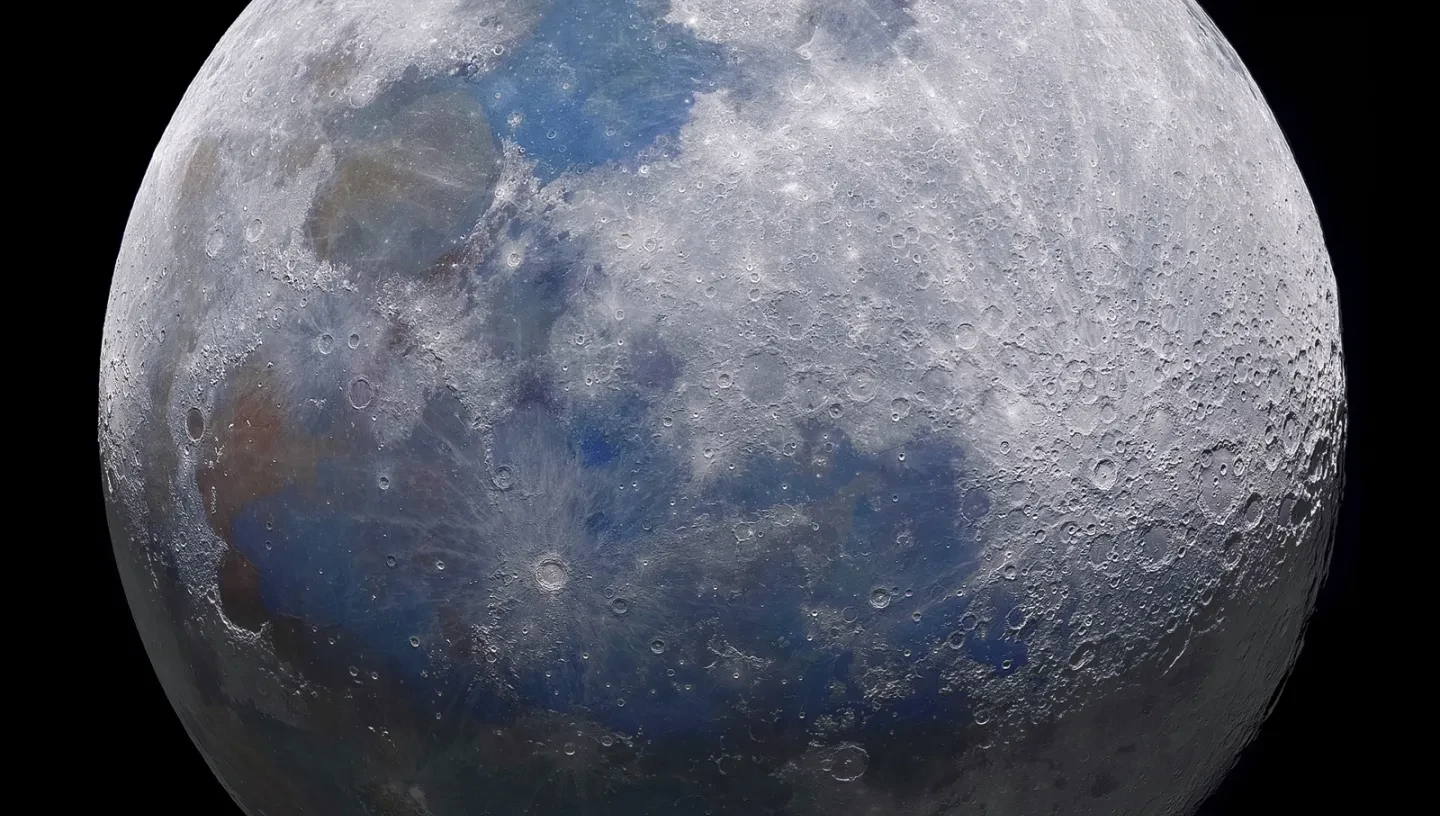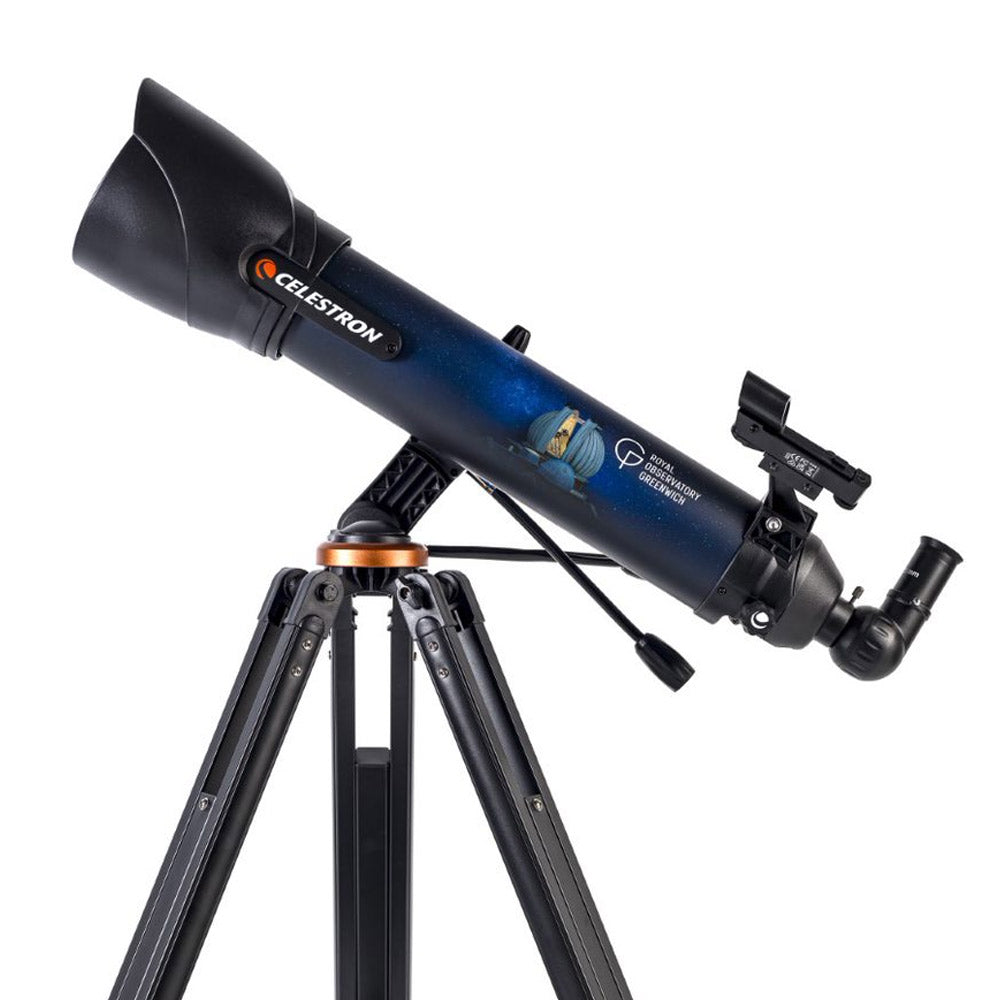
What would happen if the Moon disappeared?
Do we really need the Moon in the night sky? What is its actual purpose?
If the Moon were to one day simply disappear, there would be some disastrous consequences that would have an irreversible effect upon life on Earth.
What would happen to the oceans if the Moon disappeared?
Earth’s oceans would have much smaller tides - about one-third the size of what they are now. Tides churn up material in the oceans, which allows coastal ecosystems to thrive. Animals in these environments – crabs, mussels, starfish, snails – rely on the tides for survival.
Without a coastal ecosystem, this could have knock-on effects for other land and sea animals and could lead to mass extinctions.
Additionally, tidal movements help stabilise Earth’s climate. Ocean currents are driven by the tides, which distribute warmer water around the globe and influences the global climate. Temperatures could potentially be more extreme on the Earth without this influence.
What would happen to animals if the Moon disappeared?
A missing Moon could cause a lot of confusion for animals all over the world. Predators rely on both the darkness of night and a small amount of moonlight to effectively hunt. Without any light at night, prey would likely thrive because predators would have a harder time spotting them. Just like the tides, this could cause a drastic change in ecosystem, and potentially lead to the extinction of certain predatory animals.
What would happen to the seasons if the Moon disappeared?
Lastly and probably the most worrying, the Earth’s seasons could change substantially should the Moon disappear. We experience seasons on the Earth – spring, summer, autumn and winter - because the Earth is tilted. Relative to the plane we orbit the Sun, Earth’s tilt is about 23.5 degrees. It is the pull of the Moon’s gravity on the Earth that holds our planet in place. Without the Moon stabilising our tilt, it is possible that the Earth’s tilt could vary wildly. It would move from no tilt (which means no seasons) to a large tilt (which means extreme weather and even ice ages).



